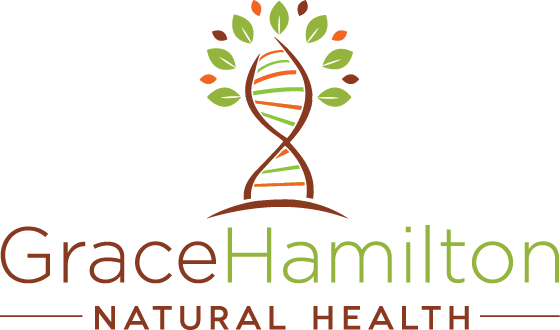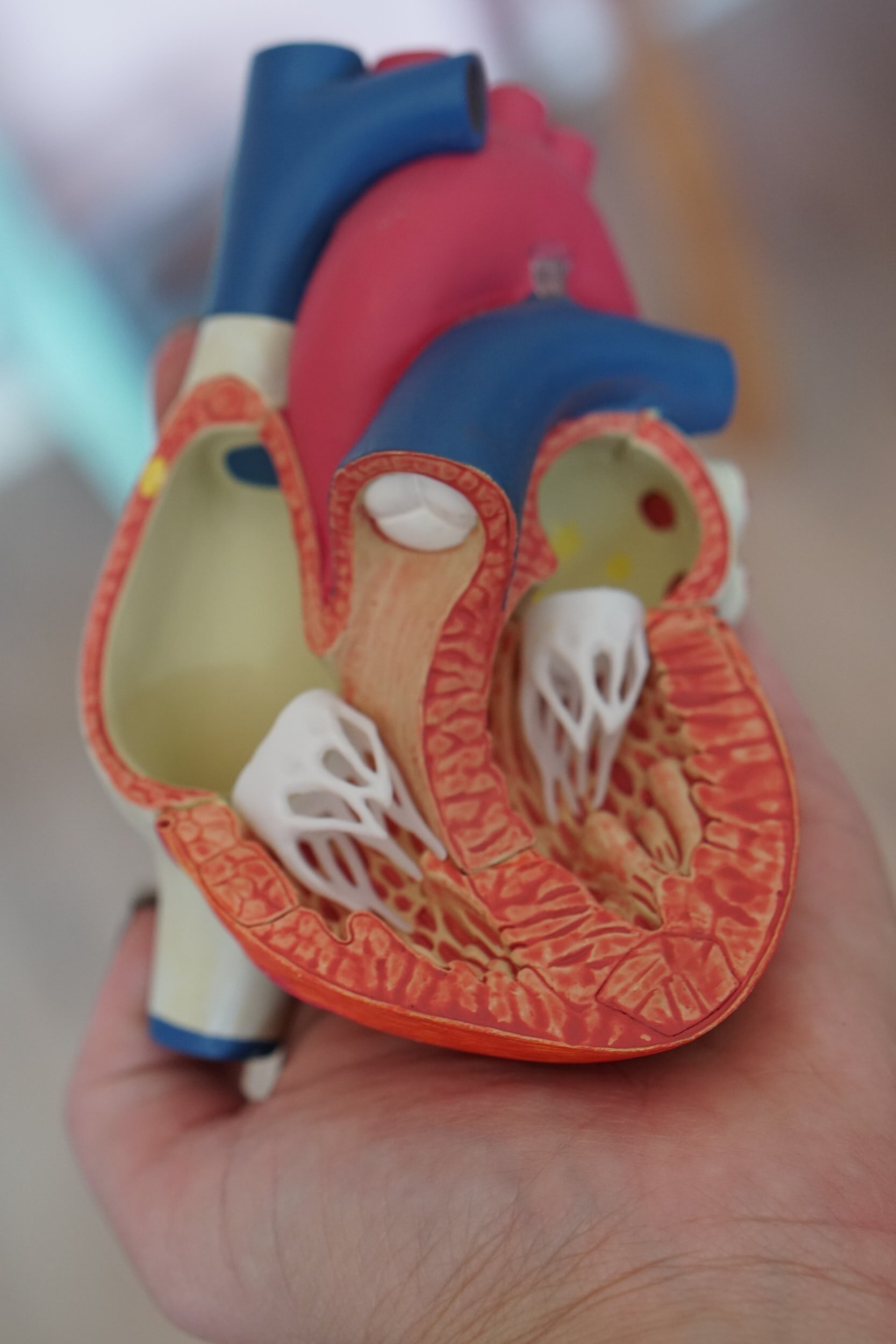Nattokinase, bacillopeptidase F and Cardiovascular Disease
As the leading cause of death in the world, cardiovascular disease (CVD) attracts a lot of attention when it comes to researching methods to manage the diseases effects. One food that has attracted attention recently is Natto, a traditional Japanese food made of fermented soybeans. Consumption of natto has been linked to reduced mortality from CVD and the active components appear to be the enzymes nattokinase and bacillopeptidase F.
Research into both nattokinase and bacillopeptidase F has shown that both have many properties that benefit CVD including anti-thrombotic, anti-hypertensive, anti-atherosclerotic, lipid-lowering, anti-platelet, and neuroprotective effects.
Both nattokinase and bacillopeptidase F are isolated enzymes that are secreted from Bacillus subtilis var. natto which is the bacteria used to ferment soybeans to make natto. They can both be found in supplemental form called ‘nattokinase’ and ‘NKCP®’ (containing bacillopeptidase F). NKCP® has been shown to be the more effective of the two forms.
Anti-thrombotic, anti-coagulant & anti-platelet activity to reduce blood clots and prevent heart attack and stroke
In particular nattokinase & NKCP® have potent anti-thrombotic, fibrinolytic activity, meaning that it can help blood clots break down so that they do not lead to health issues such as strokes and heart attacks. They slow the progression of plaque formation and stop atherosclerotic lesions from developing. This happens in a variety of ways:
By very effectively degrading fibrin and therefore preventing clot formation
By increasing the release of tissue plasminogen activator which leads to an increase in the formation of plasmin (which also dissolves clots).
The production of other clot dissolving enzymes such as urokinase is also enhanced by nattokiniase
It blocks the formation of thromboxane which leads to less platelet aggregation and clot formation
In addition to the well documented anti-thrombotic activity nattokinase & NKCP® also work on the same pathways as asprin to thin the blood and slow blood clotting time. They do this via their potent anti-platelet aggregation and anti-coagulant activity.
Anti-Hypertensive to lower high blood pressure
Clinical trials have shown supplementation of natto leads to a reduction of both systolic and diastolic blood pressure. The exact mechanism of action is not confirmed, but some trials have shown that it acts as an angiotensin-converting enzyme (ACE) inhibitor. This enzyme is responsible for the production of angiotensin II, a hypertensive peptide hormone.
Lipid lowering to reduce cholesterol
Both lab and clinical trials have shown that supplementation with nattokinase & NKCP® can reduce triglycerides, total cholesterol and LDL cholesterol while increasing HDL cholesterol (the good cholesterol). The lipid lowering effects appear to be more pronounced in NKCP and at higher doses of nattokinase of 400mg per day.
Anti-atherosclerotic to reduce plaque formation
Atherosclerosis, or the narrowing of arteries due to the build up of plaque is a common feature across CVD. When used in patients with existing atherosclerotic plaques natto has been shown to suppress the progression of the plaque and reduce intimal thickening. Research so far suggests the reason the natto enzymes reduce plaque build up is due to their combined anti-thrombotic, anti-coagulant, anti-oxidant, and lipid-lowering effects.
Neuro protective effects
Nattokinase may have a role in the treatment of diseases such as Alzheimers disease due to its ability to degrade amyloid fibrils and it’s anti-inflammatory effects which have been demonstrated in both lab and clinical testing. Further neuro protective effects have been seen in those with ischaemic stroke where nattokinase was able to improve blood flow by inhibiting platelet aggregation and clot formation.
So, as you can see natto and its refined enzymes NKCP® and nattokinase may be a great treatment addition to those with a risk of CVD. One thing to be aware of is, if you are currently being treated for CVD with any medications such as ACE inhibitors or anti-coagulants that there will be an interaction between these drugs and natto where the effects of both are amplified.
For assistance with cardiovascular disease and to see if natto is suitable for you book in for a consultation. I have a special interest in this area due to a vast family history of CVD. It is my passion and would love to help you.

